Where was scrutiny of Bruce Pascoe’s claims in Dark Emu?
In Farmers or Hunter-Gatherers? The Dark Emu Debate, anthropologist Peter Sutton and archaeologist Keryn Walshe deliver a damning indictment on Bruce Pascoe’s bestselling and prize-winning book Dark Emu, saying it “is poorly researched”, “distorts and exaggerates many old sources”, “contains a large number of factual errors” and “selects evidence to suit the author’s opinions … and ignores large bodies of information that do not”.
Dark Emu claims pre-colonial Aboriginal people weren’t hunter-gatherers but more like European farming communities, with agriculture, food storage and preservation, wood and stone dwellings, even kangaroo herding. Historians and anthropologists have told me privately it’s grossly exaggerated, with many errors, but they are wary of speaking on the record.
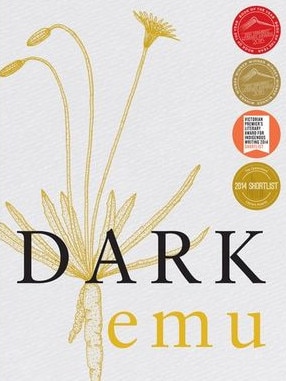
Previous criticisms of Dark Emu have been condemned as some conservative racist conspiracy. But Sutton and Walshe are not right-wingers. Nor is Indigenous lawyer Hannah McGlade, a member of the UN’s Permanent Forum on Indigenous Issues, who told The Australian this week, “It’s a nonsense to say that we support truth-telling and at the same time support Dark Emu, which clearly is not very truthful or accurate.”
How was the University of Melbourne so easily conned into appointing Pascoe as Enterprise Professor in Indigenous Agriculture? Where was the academic rigour? The investigation and fact checking? The university should move his writings to the fiction section of its library and change his title to professor of fiction literature.
Sutton, Walshe and McGlade also have all challenged the idea underpinning Pascoe’s thesis that farming is superior to hunting and gathering to begin with.
When I was a child, growing up in the 1950s and 60s, the ninth of 11 children, we weren’t taught much at school at all about Aboriginal history; the prevailing message was that Aboriginal people knew and achieved nothing much and just wandered around the bush telling children’s stories.
This was incorrect. Traditional Aboriginal societies had ingenuity, imagination and skill, as needed for the time and place in which they existed.
They didn’t develop written language. But they stored information through complex oral histories known as songlines: stories of creator spirit journeys that told the history of the people and country and were used for navigation even over long distances, with lyrics instructing on landmarks and routes. One reason I doubted Pascoe’s claims is there are no songlines or stories about the activities he describes.
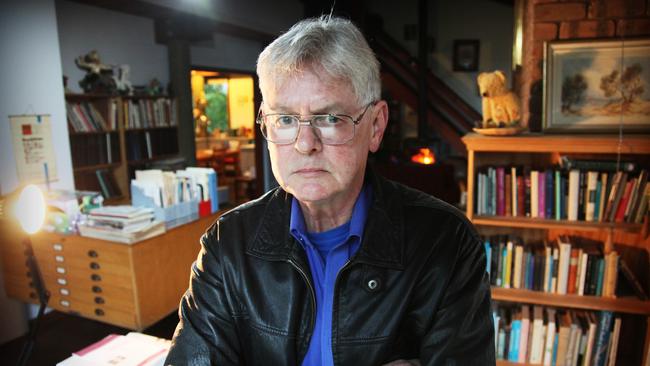
Traditional Aboriginal societies innovated to survive on a harsh continent, for example by altering the land through fire to enhance food sources. Despite being more technologically advanced, the first British colony nearly starved. Early graziers adopted Aboriginal bush management techniques and explorers had help from Aboriginal people to “discover” the continent. “Herding kangaroos” isn’t a sign of an advanced society. It would be stupid. Imagine the height of the fences. Hunting kangaroos to open spaces and directing their movements through bush management is a superior way to harvest kangaroo meat.
It doesn’t matter whether Aboriginal innovations were as advanced as other people’s in other places. Humans innovate principally out of need; drivers include population density, sustained threats of conflict, competition for land and resources and contact with other societies, all barely present in our isolated, sparsely populated continent. That’s just a fact of history and circumstances, not a judgment of a people.
Pascoe’s book and its claims are taught in classrooms. This needs to stop. I was taught a false Aboriginal history as a child. I don’t want students taught a false history today.
Pascoe has not been challenged by academia and the media because they think he’s Aboriginal. But this has also been credibly challenged. In letters to the Koori Mail in the 1990s trying to identify his Aboriginal ancestry Pascoe sought information on his great-grandmother, Sarah Matthews, whom he said was born in Dudley, South Gippsland, in 1848, also (inconsistently) “may have come to South Gippsland on a sealing vessel” and may have lived on the Cummererugunja and Ebenezer Mission. Genealogists say Matthews’s marriage certificate states her birthplace as Dudley, England, and have produced research that all Pascoe’s ancestry can be traced to England. Pascoe has not addressed this and has been persistently vague about who his Aboriginal ancestors are and where they came from. Difficulties in tracing Aboriginal ancestry due to dispossession, Stolen Generations, racism and so on are cited as excuses for this.
I used to head NTSCorp, the peak body representing NSW native title claimants, whose anthropologists, historians and genealogists conducted research and evidence-gathering supporting native title claims and claimant group membership. Aborigines in NSW were among the earliest disrupted and dispersed by colonisation, yet we could trace and establish Aboriginal descent to a legal standard, including in families affected by forced removal.
Bottom line, if you can’t identify a known Aboriginal ancestor, how can you claim Aboriginal descent? And if your ancestors can all be traced to other countries you certainly cannot. Pascoe wrote an incorrect Aboriginal history and avoided scrutiny because of claimed Aboriginality, protected by academia and the media, especially the ABC, two groups supposed to engage in curious and critical inquiry. They’ve forgotten their role in truth telling and become a modern equivalent of the Dark Ages alchemist. I give them an A+ for woke but a big fat F for facts.
Nyunggai Warren Mundine is the author of Speaking My Mind and Warren Mundine – In Black and White: Race, Politics and Changing Australia.

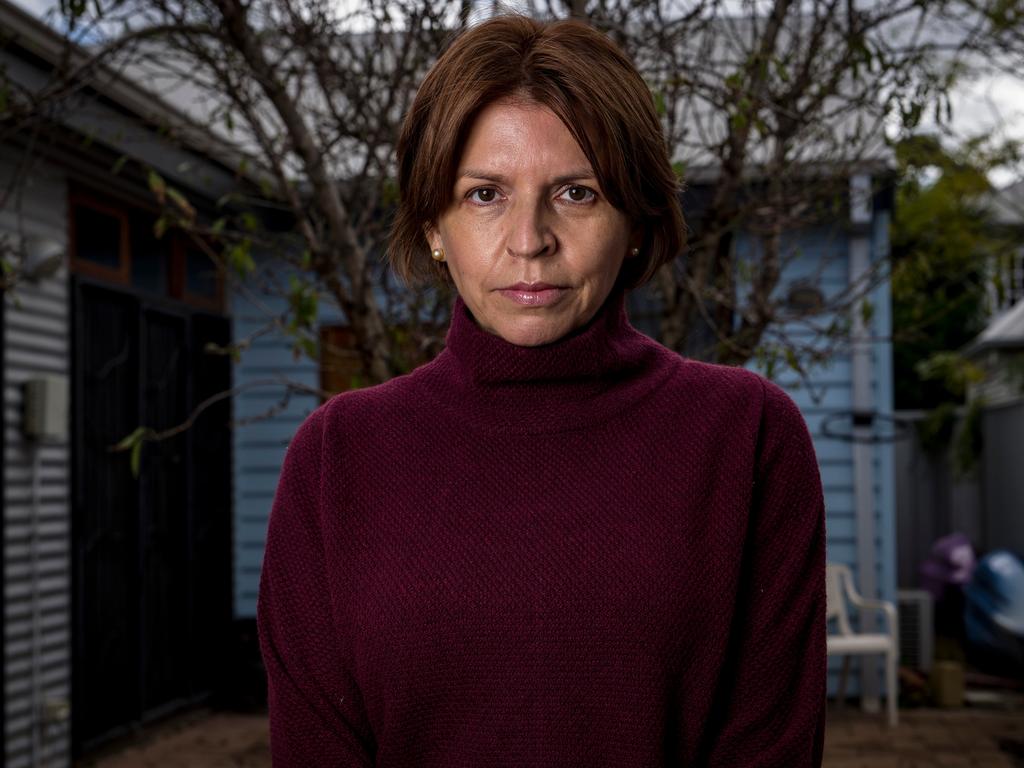
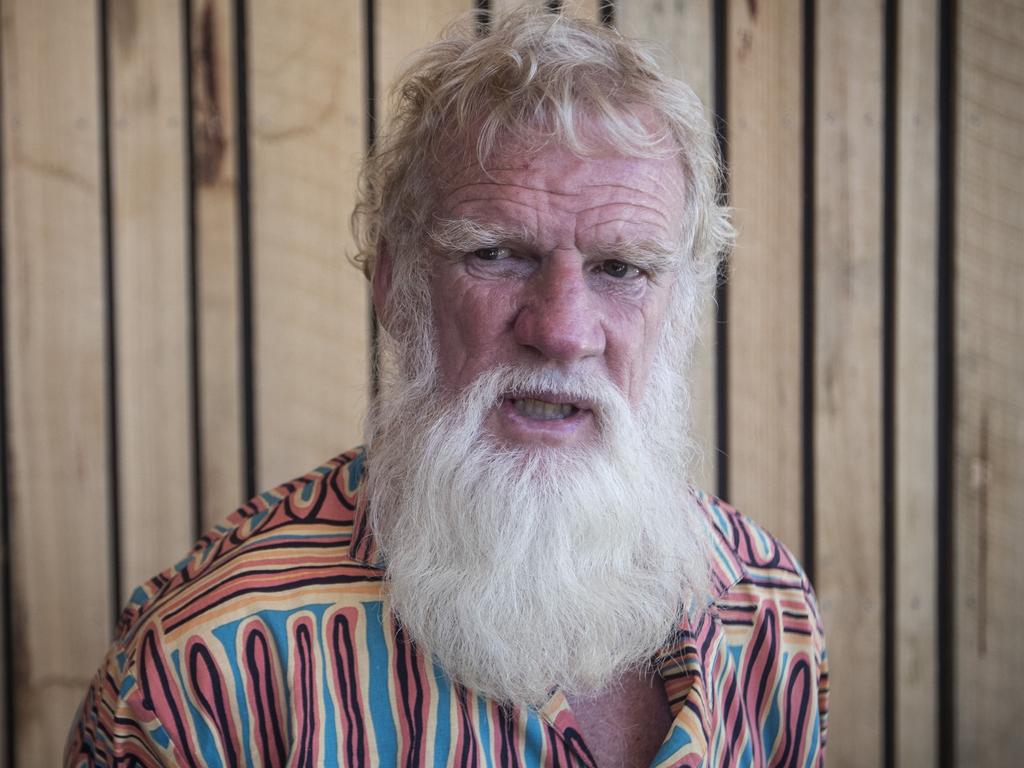
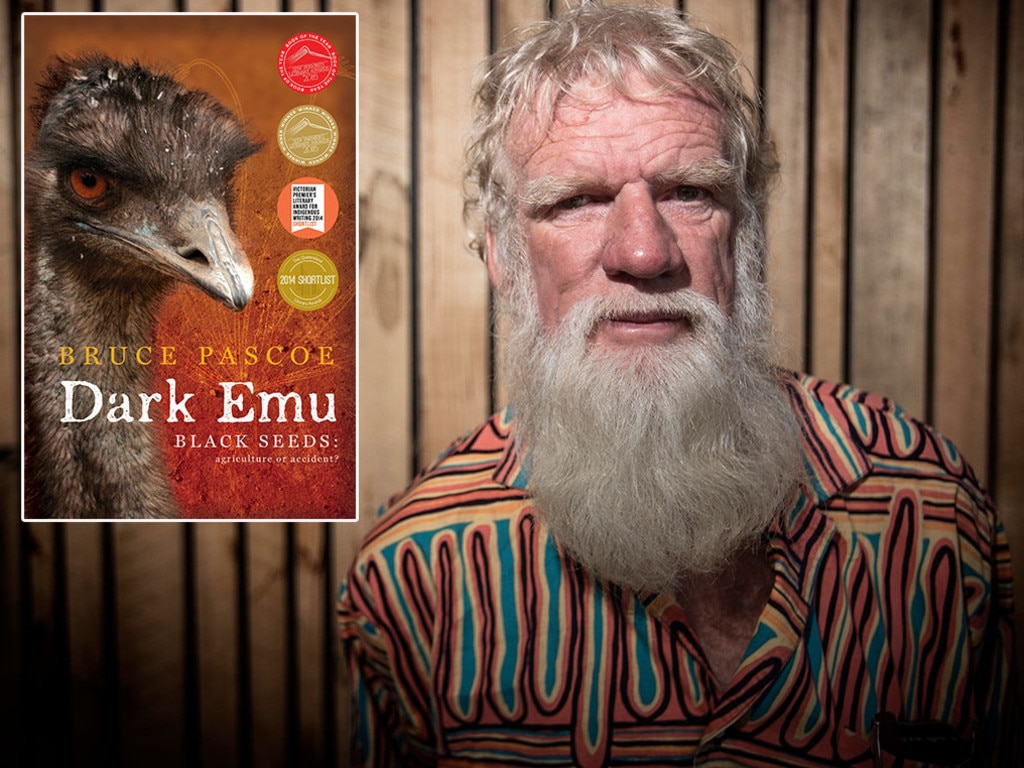



In its rush to be part of the Kingdom of Wokeness, Australian academia and media have discovered, like the Hans Christian Andersen folktale, their King Bruce has no clothes.